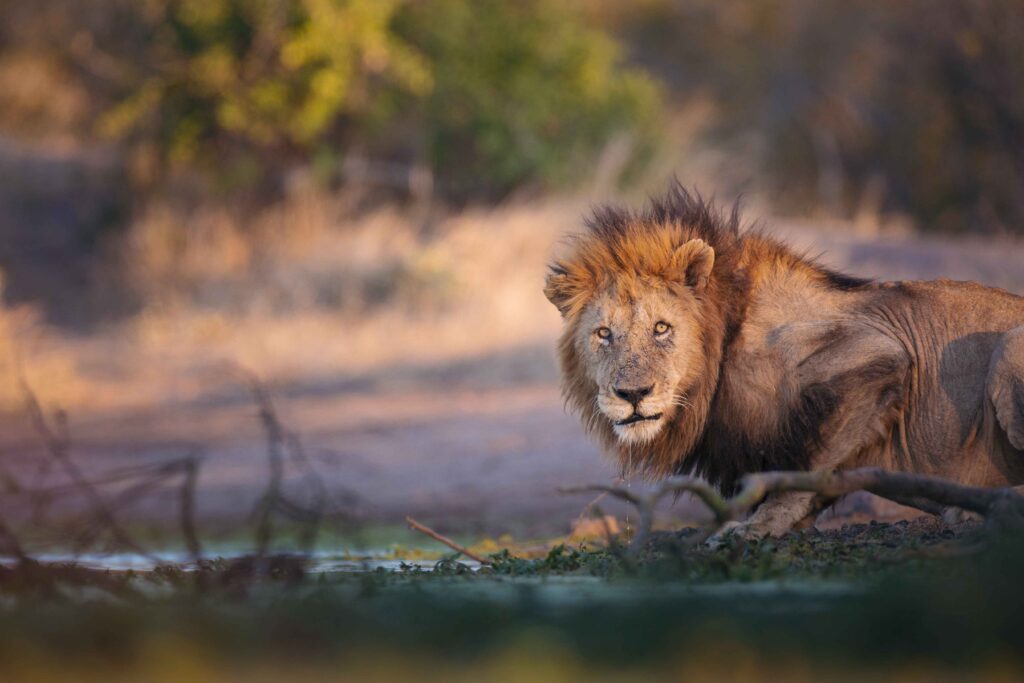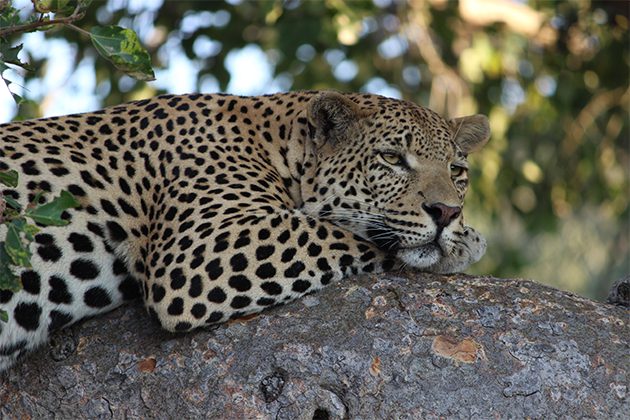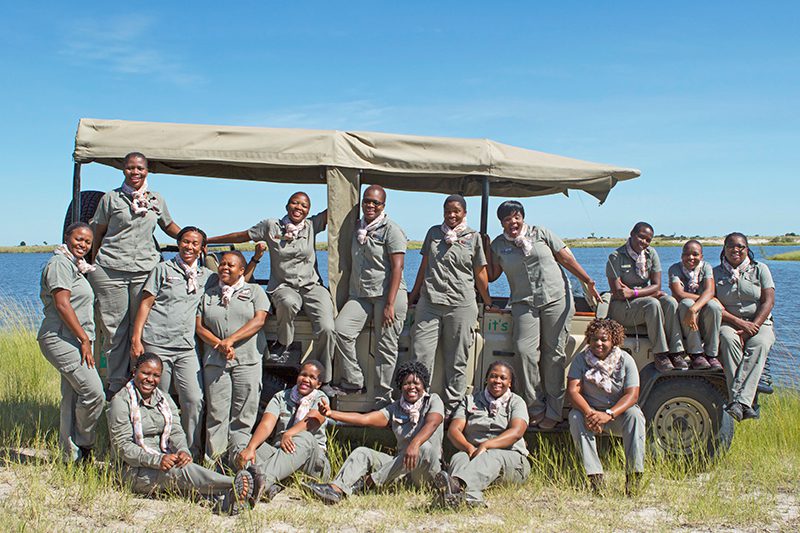Recently updated on November 27th, 2024 at 06:35 am
Many travellers believe that travelling sustainably will not only cost them more but will take longer to plan and book. Travelling with purpose is made simple with our destination experts and product team, who work behind the scenes to ensure that your journey will make a difference to the people in communities we visit, to the planet and wildlife in our most pristine and wondrous wilderness to ensure that you can have a positive impact whilst on your journey.
Sustainable tourism is vital to ensure that we protect our planet’s wild places and empower local communities across the globe. But what impact does sustainable tourism really have? We’ve highlighted four examples of the positive effect of sustainable tourism initiatives across Africa which have delivered economic, environmental, and social benefits and how you can contribute by travelling with purpose on your next trip to Africa.
AKAGERA NATIONAL PARK, RWANDA
Over 20 years ago Rwanda’s Akagera National Park was a depleted landscape overrun by cattle. African Parks, in partnership with the Rwanda Development board, have managed to bring this land back from the brink and revive it into a revenue generating park for the benefit of people and wildlife.


Today it’s Central Africa’s largest protected wetland. Southern white rhinos and lions have been brought to the region in efforts to rewild Akagera to great success, with over 11,000 large mammals counted in a 2021 aerial survey and the park is now home to the Big Five (lion, leopard, rhino, buffalo and elephant). In 2019, Akagera was 80% self-financing and the park now provides for the 300,000 people living around its boundaries.


Showing your support for Akagera National Park and its rejuvenation is easy, simply stay in one of the many lodges within the park. One of our favourites is Magashi Camp, you can read more about it here.
Though they know their work doesn’t end there. As a member of The Long Run, they’ve cemented their commitment to continuous improvement and working towards best practice in sustainability in four categories, conservation, community, commerce and culture. In their 2021 impact statement they detailed how your stay at a lodge in the reserve contributes to the local economy. From biodiversity and habitat restoration, to on-site health care providing free community service to local patients, you can rest assured you’re assisting in the betterment of the region.
Interested in showing your support for Tswalu and discovering five of the most elusive species in Africa, including ardvark, pangolins and meerkats? Enquire with our destination experts about how you can add Tswalu into your next journey.
CHOBE GAME LODGE, BOTSWANA
The guiding industry has long been male-dominated, though if you were to stay at Chobe Game Lodge, you’d think otherwise. In 2004, Florence, their first female guide, was one of only 10 female safari guides in Botswana. Today the Lodge has a full female guiding team and due to their efforts to encourage female guiding in Botswana, there are now more than 60 female guides in the country.


Chobe Game Lodge have also introduced an electric fleet of game drive vehicles and solar powered safari boats. Not only does this show their dedication to the environment by creating zero emissions from their vehicles, it also is less obtrusive to the wildlife with their quieter engines.
Speak to our team how you can seek out wildlife in majestic Botswana more sustainably. Otherwise, you can check out more about Chobe Game Lodge here.
HWANGE NATIONAL PARK, ZIMBABWE
Zimbabwe’s largest national park is home to excellent wildlife viewing and is known for its impressive concentration of elephants, which make the park waterhole’s their home during the dry season. Two of our partners in Zimbabwe, Imvelo and Wilderness, have both had significant impacts on the region. Two of their projects are highlighted below, both dedicated to having the greatest positive impact possible.
Imvelo’s Community Rhino Conservation Initiative (CRCI), works to reintroduce rhino to Hwange through highly protected sanctuaries after their population in the park had been eradicated in the early 2000s. They’re partnering with local communities to equip them with skills and ownership over the project as custodians in an effort that has previously only been seen in Namibia.
Wilderness aim to facilitate sustainable conservation through leadership development and education of children in Africa through their non-profit organisation, Children in the Wilderness. To do this they run programmes at local schools and more all in an effort to encourage the custodians of the land for the future.
Hwange National Park is to be seen to be believed and it’s easy to discover the region while supporting projects like these, to find out more speak to our destination experts or see how you could discover it here.
By making the choice to travel not only for your benefit, but also for the people, planet and wildlife you visit on your trip, you can be a part of sustainability stories like the above. Our destination experts make sustainable travel easy, so book and travel with purpose on your next journey. Request a Quote today.
